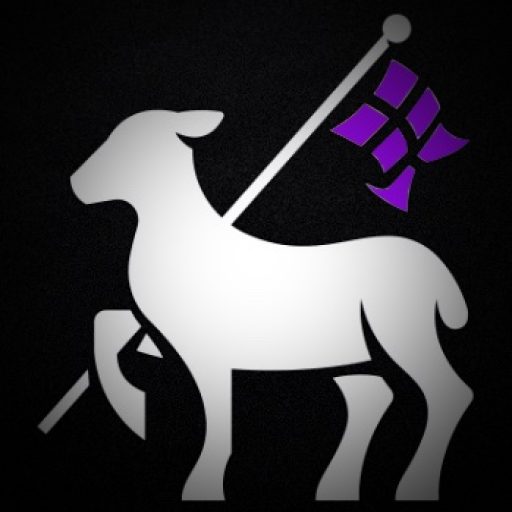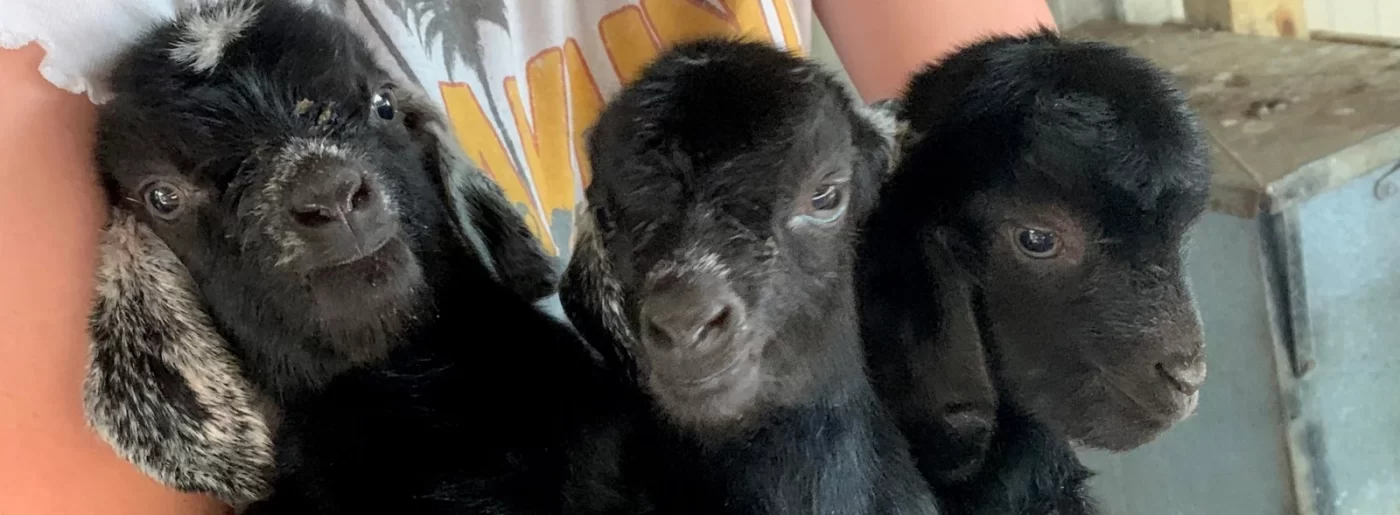Medications, Sheep and Goat Health
Coccidia Prevention Medications

Coccidiosis is a common parasitic disease in sheep and goats caused by the protozoa Eimeria spp. Coccidiosis can cause severe damage to the gut and impair digestion, leading to severe weight loss, anemia, and even death in young animals. To prevent this, several coccidia prevention medications are used in sheep and goats. This article will discuss the use of Bovatec, Rumensin, Deccox, and Toltrazuril, as well as their efficacy, safety, and withdrawal times.
Bovatec
Bovatec (Lasalocid) is a coccidiostat used to prevent infection in sheep and goats. It is an ionophore, meaning it disrupts the cell membrane of the protozoa, thereby preventing it from replicating. Bovatec is administered by mixing it into the animal’s feed. It is very effective and is generally well tolerated. The meat withdrawal time is 14 days, while the milk withdrawal time is seven days*.
“Bovatec should be used with the most caution as it has the potential to cause adverse reactions in some animals“
Linessa Farms, LLC
Rumensin
Rumensin (Monensin) is another coccidiostat used in sheep and goats. It is also an ionophore, meaning it disrupts the protozoa’s cell membrane. Rumensin is administered orally as a drench or in feed. It is practical and generally well tolerated. The meat withdrawal time is 28 days, while the milk withdrawal time is seven days*.
Deccox
Deccox (Decoquinate) is a coccidiostat used in goats for the prevention of coccidiosis. It works by interfering with the replication of the Eimeria spp. Protozoa. Deccox is administered orally as a drench or in feed. It is practical and generally well tolerated. The meat withdrawal time is 28 days, while the milk withdrawal time is 0 days*.
Toltrazuril
Toltrazuril is a coccidiostat used in sheep and goats to prevent coccidiosis. It works by interfering with the replication of the Eimeria spp. Protozoa. Toltrazuril is administered orally as a drench or in feed. It is practical and generally well tolerated. The meat withdrawal time is 28 days, while the milk withdrawal time is seven days*. Check out THIS LINK to the Maryland Small Ruminant Page for more information.
Comparing These Medications
When choosing a medication for livestock, it is essential to consider the safety and efficacy of the product. Toltrazuril is the safest medication from Deccox, Rumensin, Toltrazuril, and Bovatec. It is a broad-spectrum antiprotozoal and antifungal medication effective against many parasites. Deccox is also a broad-spectrum medication, but it should be used with caution due to its potential to cause liver damage. Rumensin is a narrow-spectrum anthelmintic that is used to control certain types of internal parasites. Lastly, Bovatec should be used with the most caution as it can cause adverse reactions in some animals. All medications should be used per the instructions provided by the manufacturer.
Conclusion
Coccidiosis control is an integral part of raising sheep and goats. While it is not possible to eliminate coccidiosis, it is possible to reduce the severity of the disease by using preventive medications. There are many coccidia-prevention medications. Bovatec, Rumensin, Deccox, and Toltrazuril effectively control coccidiosis in sheep and goats. They are generally safe and well tolerated, with appropriate withdrawal times for meat and milk products. All of these medications and more are available for purchase HERE.
*These withdrawal times are when the medication is detectable in the meat or milk. This is NOT the same as the USDA acceptable limit level. For instance, a drug might be noticeable in the meat for up to 28 days and have a zero-day withdrawal as determined by the USDA. This is based on what the USDA has determined is safe for human consumption.



I use clean stall method with fresh hay or shaving during lambing but alwsys Medicated feed in spring time. I believe mine has Deccox in it. Should I be concerned? It’s only used during rainy season
If this is working for you then you are good. If you are concerned, you can have your vet run a few fecal samples for you to determine if there are any coccidia in the stool. This would give you a definitive answer.
The feed I am using has Rumensin in it. The feed store told me no withdrawal period and I could feed it to pregnant does and okay for lactating does. Is this true? I also had a weather with a broken leg our first to process as meat for this reason. Do we need to toss the meat?
The withdrawal period, as determined by the USDA, says there is no danger to people who eat meat or drink milk that has this in their system. The withdrawal time I gave you in this article is the “no kidding” amount of time it will be in their system. You’ll have to decide what you would like to do with this information.